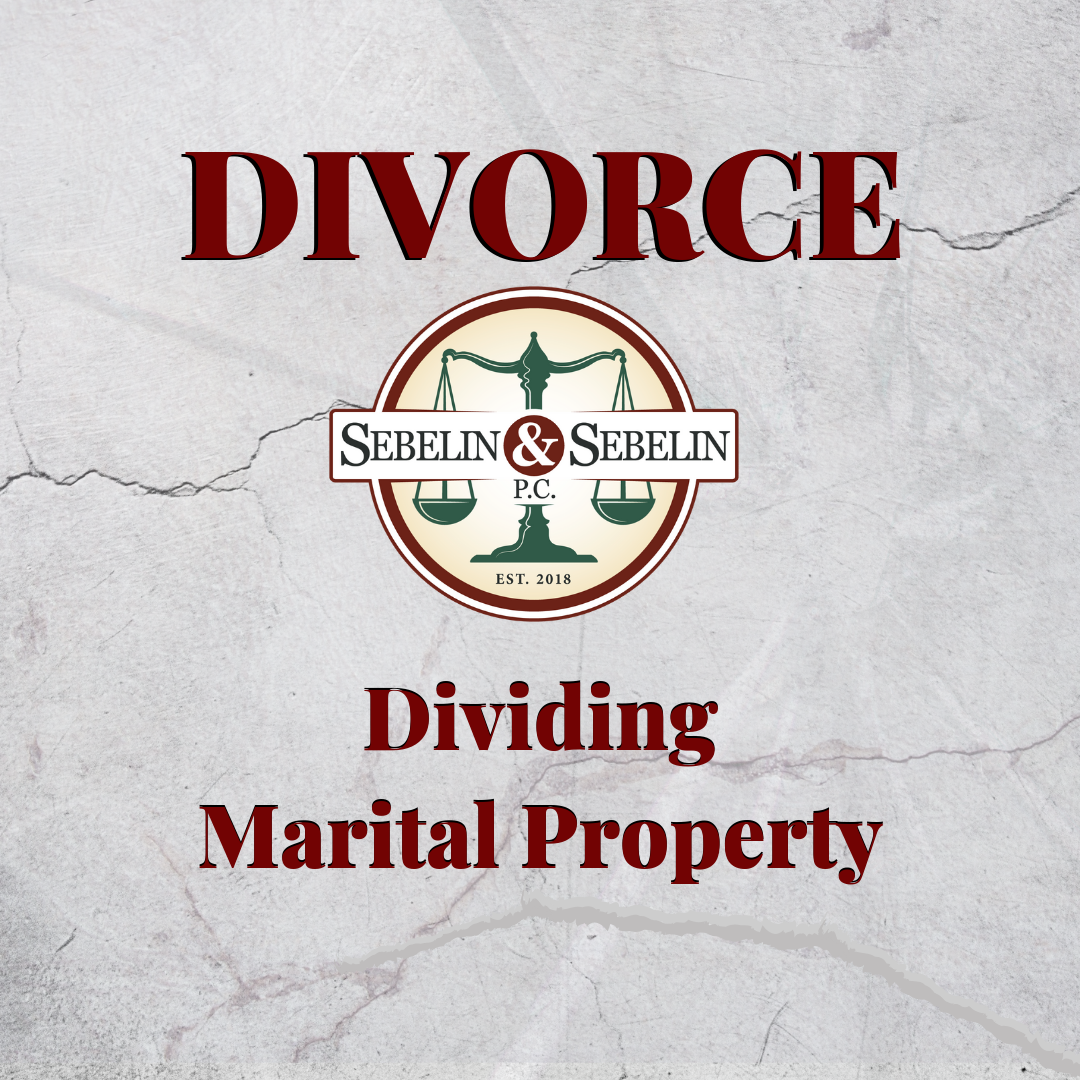
Divorce: What Happens to my Property?
When going through a divorce, one of the biggest questions is what happens to your property? In Pennsylvania, the process of dividing marital assets through divorce is known as “equitable distribution”. Many of our clients initially assume this means that all assets will be split evenly between the spouses; however, this is not accurate. The division of property depends upon a number of important factors. If you’re considering a divorce, the following guide will help you understand what property is at risk for distribution, and how it can be distributed.
What Property is at Risk for Equitable Distribution?
Generally speaking, in a divorce only Marital Property is subject to Equitable Distribution between the parties. Property not considered Marital, is separate and not eligible for distribution – meaning the owning spouse can keep the property without fear of having to share it. The difference between Marital and Separate Property can be summarized as follows:
- Marital Property: All property acquired or accumulated during the marriage. This may include homes, vehicles, furniture, collections, investments, financial accounts, and even pets.
- Separate Property: Any property acquired before marriage by one of the divorcing parties. Separate property also may include an inheritance/gift received during the marriage, property excluded by a valid prenuptial/postnuptial agreements, and any property acquired after the date of separation. However, under certain circumstances, courts have found that Separate Property may be considered marital and subject to equitable distribution (example: an increase in the value of a retirement account during the course of a marriage).
How Does the Marital Property Get Distributed?
Once it is determined which property is considered marital assets, Pennsylvania law dictates that distribution shall be made based upon equity – or fairness to the parties. Pursuant to 23 Pa.C.S. § 3502 some of the factors which courts will use in determining how property is to be distributed are:
- The length of the marriage
- the income or earning potential of the spouse
- the age, education, and health of the parties
- whether there are significant non-marital assets belonging to one of the spouses
- the standard of living established during the marriage
- whether either spouse was married previously
What about Debts?
In addition to settling assets, equitable distribution will also divide debts. These debts may include loans, credit cards obligations, mortgages, liens, and taxes. Even if one spouse acquired the debt, it may be considered a marital obligation that will need to be addressed. If you have outstanding debts, it will be necessary to determine whether these debts are marital, and if so, how much of the debt is to be incurred by your ex-spouse.
Obviously, determining what assets are marital and how they are to be split is open to interpretation. At Sebelin & Sebelin, P.C., our job is to protect your interests . If you are interested in filing for divorce, contact our office for a free consultation at (610)-379-4499. Or for additional information, visit our webpage at www.SebelinLegal.com.

